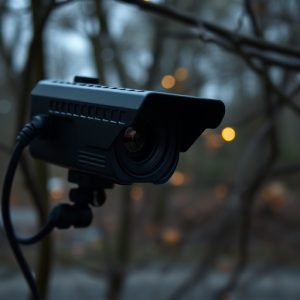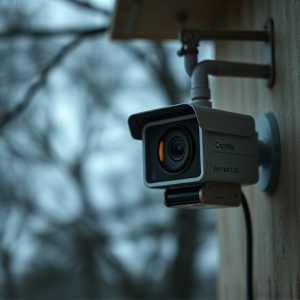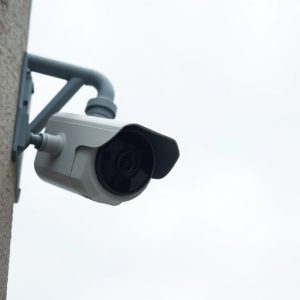Uncovering Hidden Cameras: Legal Insights & Protection Tips for Your Privacy
Understanding Hidden Camera Laws by State is crucial for safeguarding privacy in both personal and p…….
Understanding Hidden Camera Laws by State is crucial for safeguarding privacy in both personal and professional settings, given the wide range of legal variations across states, from stringent rules like California's explicit consent requirement to more lenient ones. To mitigate risks, individuals and businesses should conduct regular security audits, employ advanced detection technologies (e.g., thermal imaging, motion sensors, RF detectors), educate employees, and stay informed about state-specific Hidden Camera Laws, which can range from labeling requirements to strict consent rules, enabling proactive protection against potential privacy breaches.
Uncover the unseen with our guide to hidden monitoring device signal detection. In an era where privacy concerns are paramount, understanding how to identify these clandestine tools is essential. This article delves into both legal and practical aspects, offering insights on Hidden Camera Laws by State and advanced techniques for detection. Learn vital tips and precautions to safeguard your personal and professional spaces from prying eyes, ensuring peace of mind in today’s digital landscape.
- Understanding Hidden Camera Laws by State: A Legal Perspective
- Advanced Techniques for Detecting Hidden Monitoring Devices
- Tips and Precautions to Protect Your Privacy at Home and Work
Understanding Hidden Camera Laws by State: A Legal Perspective
Knowing and understanding hidden camera laws by state is paramount for both individuals and businesses to ensure privacy protection. The legal landscape surrounding hidden cameras varies significantly across different states in the US. Some states have stringent regulations that require explicit consent for any form of surveillance, while others have more lenient laws with fewer restrictions. For instance, California has some of the most comprehensive privacy laws, mandating clear notification when a camera is in operation and limiting the use of hidden cameras without probable cause. In contrast, certain states allow the installation of hidden cameras without any notice, primarily for security purposes.
When it comes to detecting hidden monitoring devices, understanding these state-specific laws is crucial. Being aware of your rights and the legal framework can help individuals and businesses take proactive measures to identify potential breaches of privacy. This includes regular security audits, employing advanced detection technologies, and educating employees about privacy best practices. Staying informed about Hidden Camera Laws by State ensures that everyone can navigate the legal requirements while safeguarding their privacy in an increasingly digital world.
Advanced Techniques for Detecting Hidden Monitoring Devices
In today’s digital age, hidden monitoring devices have become a growing concern, leading many to seek advanced techniques for their detection. Beyond visual inspections, professionals employ specialized equipment and methods to uncover clandestine surveillance. One crucial aspect is understanding local Hidden Camera Laws by State, which vary widely, affecting both the legality of detection efforts and potential repercussions.
Techniques range from thermal imaging cameras that detect heat signatures left by electronic devices to motion-activated sensors that trigger alerts when unusual activity is sensed. Radio frequency (RF) detectors can identify wireless signals, while infrared (IR) technology visualizes heat patterns not visible to the naked eye. Combining these advanced tools with thorough knowledge of legal boundaries empowers individuals and professionals alike to protect privacy effectively.
Tips and Precautions to Protect Your Privacy at Home and Work
Protecting your privacy in today’s digital age is more important than ever, especially considering the prevalence of hidden monitoring devices. While many states have implemented Hidden Camera Laws to safeguard citizens from invasive surveillance, it’s crucial to be proactive and take precautions at both home and work.
Start by conducting regular searches for potential hidden cameras using specialized equipment designed to detect electromagnetic signals. Be mindful of common areas like bathrooms, bedrooms, and offices, as these are popular spots for covert devices. Additionally, stay informed about your state’s Hidden Camera Laws, which vary in scope and enforcement. Some states mandate clear labeling of surveillance equipment, while others have stricter regulations against hidden cameras without consent. By staying aware of these laws, you can better protect yourself and take legal action if necessary.
In conclusion, understanding hidden camera laws by state is a crucial step in protecting your privacy. By familiarizing yourself with these legal perspectives, you can take proactive measures using advanced detection techniques and simple precautions to safeguard your personal space at home and work. Staying informed and vigilant is key to ensuring your rights are respected in today’s digital age.


